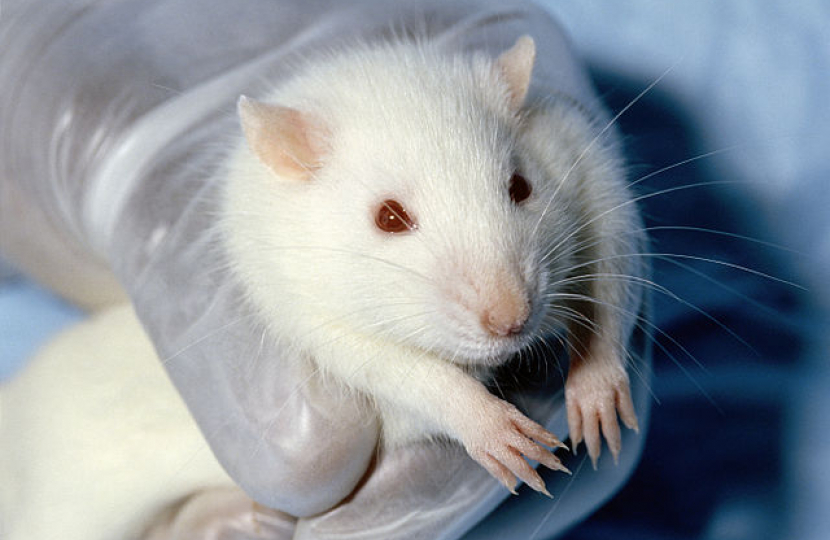
I completely understand that the use of animals in science, including toxicity testing, is a sensitive issue, and as such I welcome that the UK is one of the world's leading nations in the development of non-animal methods. I know the Government is keen to ensure that these are utilised wherever is possible and I share the Government’s ambition to reach the point at which animal research and testing is no longer necessary, having been fully replaced by effective alternatives. Sadly, however, technology is not yet at a point to wholly replace animal testing.
Therefore, I currently support the Government’s approach to support and accelerate advances in biomedical science and technology to reduce reliance on the use of animals in research. The Government is actively supporting and funding the development and dissemination of the three Rs which aim to replace the use of animals not necessary for research; to reduce the use of animals in the meantime; and to refine to eliminate or reduce distress to those animals already involved. This is primarily delivered through the National Centre for 3Rs (the NC3Rs) and since it was established, the NC3Rs has invested £89.3 million in research and £27 million in contracts through its CRACK IT Challenges innovation scheme for UK and EU based institutions, with that funding mainly focused on approaches for safer assessment of pharmaceuticals. It was most welcome that the Science Minister announced in February 2024 that the Government’s investment to the NC3Rs was to increase from £10 million per year to £20 million per year.
The Government’s decision to ban cosmetic testing on animals was also extremely welcome and I understand that, since the ban of 17 May 2023, no animal testing is being conducted, nor will any testing be authorised, of chemicals that are exclusively intended to be used as ingredients in cosmetics products.
Further, I am aware that the Government will be publishing a plan to accelerate the development, validation and uptake of technologies and methods to reduce the reliance of animals in science later this year.
I hope that this helps to reassure you that the law requires that animals are only used in science where there are no alternatives, where the number of animals used, and potential harm is the minimum needed to achieve scientific benefit.
